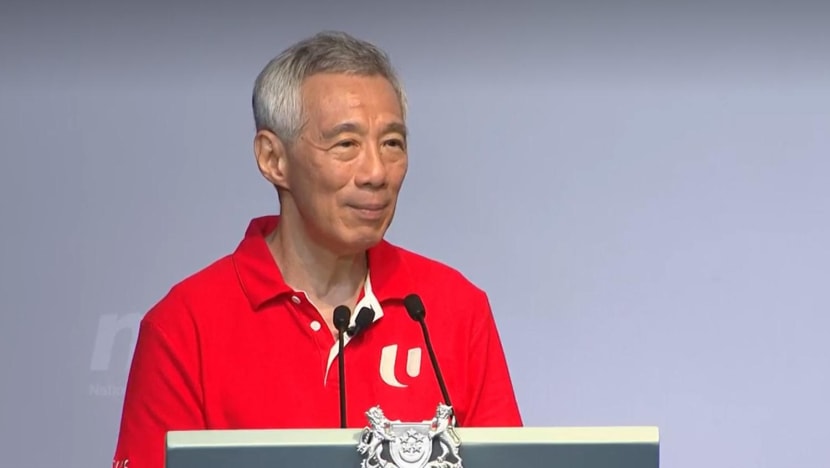
SINGAPORE, April 30 (NNN-CNA) — Even as the external environment remains volatile and fraught with serious geopolitical tensions, Singapore can be cautiously optimistic about its immediate economic prospects, Prime Minister Lee Hsien Loong said on Sunday.
In his May Day message ahead of Labour Day, Lee noted that Singapore’s economy continues to recover from the COVID-19 pandemic, with GDP growing by 3.6 per cent last year. Hard-hit sectors like tourism and hospitality are also picking up quickly.
While slower growth is expected this year, Singapore should avoid an outright contraction, said Lee, adding that inflation will hopefully moderate in the second half of the year. Unemployment rates have remained low and retrenchment numbers are manageable, he noted.
Outside Singapore, however, he pointed to a risk of recessions in Western countries as central banks continue to raise interest rates to dampen inflation.
“The multilateral trading system is being progressively undermined by growing nationalist and protectionist sentiments, affecting international trade and cooperation,” Lee said.
At the same time, economies around the world will be disrupted by emerging industries like the green and digital domains, and new technologies such as artificial intelligence. Singapore must adapt to these trends while buffering those who are adversely affected, he said.
Singapore’s survival depends on us staying open and doing business with the world. This means continually transforming our industries, enhancing existing capabilities and building new ones as we move into growth markets.
“This will cause disruptions to some existing jobs, but at the same time it will create new jobs with better prospects for the future,” the Prime Minister said.
Against this backdrop, Singapore will do more to professionalise skilled trades to create more pathways to success and to improve career planning support for Singaporeans.
Lee said that these issues were being discussed during the Forward Singapore exercise, including how to help Singaporeans improve their work prospects and resilience, as well as transition to new jobs and careers.
He added that these will require a strong collaboration between tripartite partners – the Ministry of Manpower, the National Trades Union Congress (NTUC) and the Singapore National Employers Federation – with the labour movement playing a key role.
He recalled how NTUC had worked closely with employers and employees to implement wage-cutting measures during the pandemic, with the management “taking the lead in wage cuts, to share the pain, sustain businesses and save jobs”.
“NTUC also set up the Job Security Council to redeploy workers from pandemic-hit sectors like aviation to other sectors needing more manpower like healthcare.
“Such efforts enabled us to come through COVID-19 united as one, and reinforced trust amongst the tripartite partners,” Lee said.
The Prime Minister also said he is happy to see that worker training and upgrading programmes are “progressing well”, with employers providing training opportunities and encouraging workers to take them up.
He noted that more employers are also accommodating the changing needs of workers such as by implementing flexible work arrangements and redesigning jobs for older workers, which will help to improve productivity and retain talent.
“The government will continue to do its best to support Singaporeans,” Lee said. — NNN-CNA





